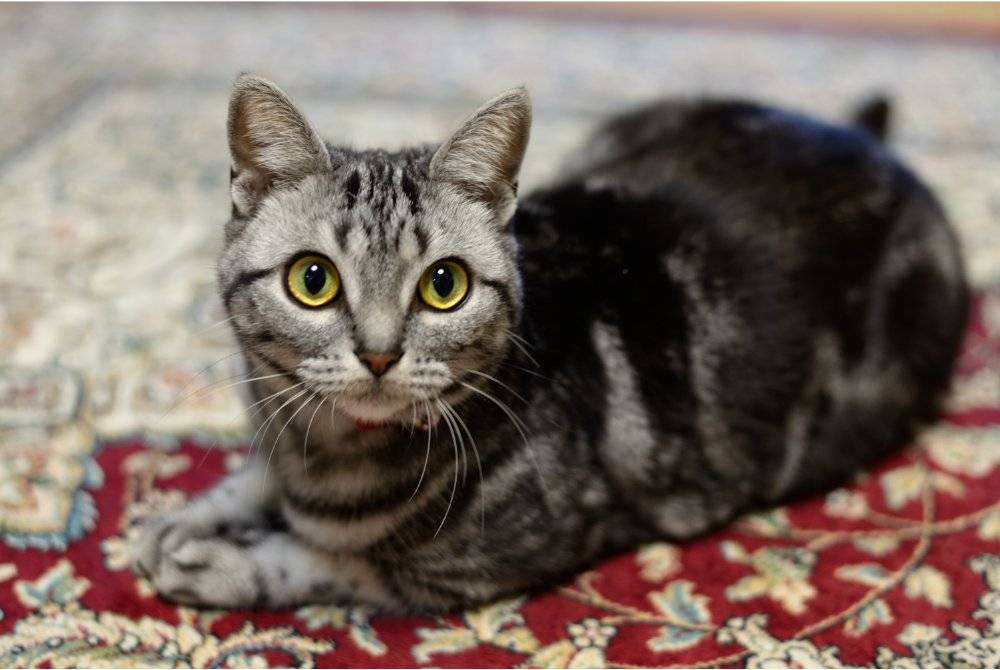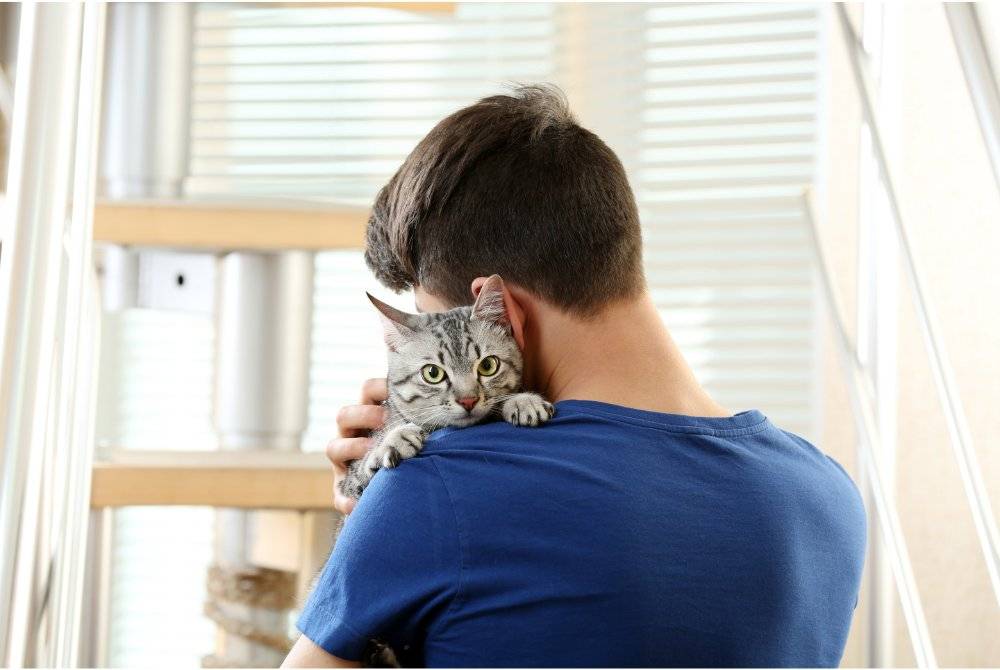Is cat fur impure in Islam?
The Federal Territories Mufti Office first clarified that Allah SWT provides leniency regarding cats by describing them as pure animals.
MUHAMAD TARMIZE MOHD NOR
Many people have been debating on social media recently about whether cat fur is impure or not.
Some claim that cat fur is impure, while others refute it. So, which is correct?
The question of whether cat fur is impure or not was addressed by the Federal Territories Mufti Office in their article titled Al-Kafi #1969:
Is prayer valid if there are cat furs on clothing?
Before answering the question posed in the article, the Federal Territories Mufti Office first clarified that Allah SWT provides leniency regarding cats by describing them as pure animals.
"A cat is a pure animal because of its nature to roam around humans.

"This is based on the saying of the Prophet Muhammad SAW: 'Indeed, it (the cat) is not impure because it is an animal that roams around you.' (Hadith Narrated by At-Tirmidhi)"
"According to Ar-Ruyani, the hadith above stressed the difference in purity between cats and dogs. Cats are considered pure animals because they often roam around humans, while dogs are considered impure because they do not possess such characteristics," he said.
Furthermore, he said that Imam An-Nawawi also stated that cats’ water leftovers (the water left after drinking) are pure and permissible for use.
"Furthermore, the discussion about the purity of animal fur depends on the type of animal, whether it is from a permissible animal to eat or not.
"If the fur falls or is pulled out from an animal that is permissible to eat, such as chicken, goat, or cow fur, then it is considered pure.
"If the fur that falls or is pulled out is from an animal that is not permissible to eat, such as cats and donkeys, or from an animal that is permissible to eat after it has died, then it is considered impure, as explained by Imam Al-Ghamrawi," he added.
Therefore, he said, it can be concluded that cat fur, whether detached during life or after death, is impure because it is from an animal that cannot be eaten.
"Hence, clothes that come into contact with cat fur should be cleaned when one intends to perform prayers.
"However, according to the Shafi'i school of thought, a small amount of cat fur stuck to clothing is included in the impurities that are forgiven (al-ma'fuwat) as stated by Imam Al-Khatib Asy-Syirbini:
"'A small amount of fur from impure animals other than dogs is forgiven according to custom,'" he added.
Based on the question asked, the Federal Territories Mufti Office stated that if only a few strands are stuck to the clothing during prayer, then the prayer is valid and does not need to be repeated because it is an impurity that is forgiven.

"However, if the prayer has not been performed yet, it is encouraged to clean the clothing or change into clean clothing as a precaution," he said.
Meanwhile, in the same issue, preacher Ustaz Azhar Idrus said that scholars stated that the accepted number of cat hairs that are considered few and forgiven is two strands.

"The established opinion is that the accepted number of few is two strands. More than two strands are considered many.
"There is another opinion, namely the weak opinion in the Shafi'i School of Thought, which states that more than two or many strands are forgiven as long as it is not intentional.
"So, as laypeople, we can follow the weak opinion," he said.
Download Sinar Daily application.Click Here!














